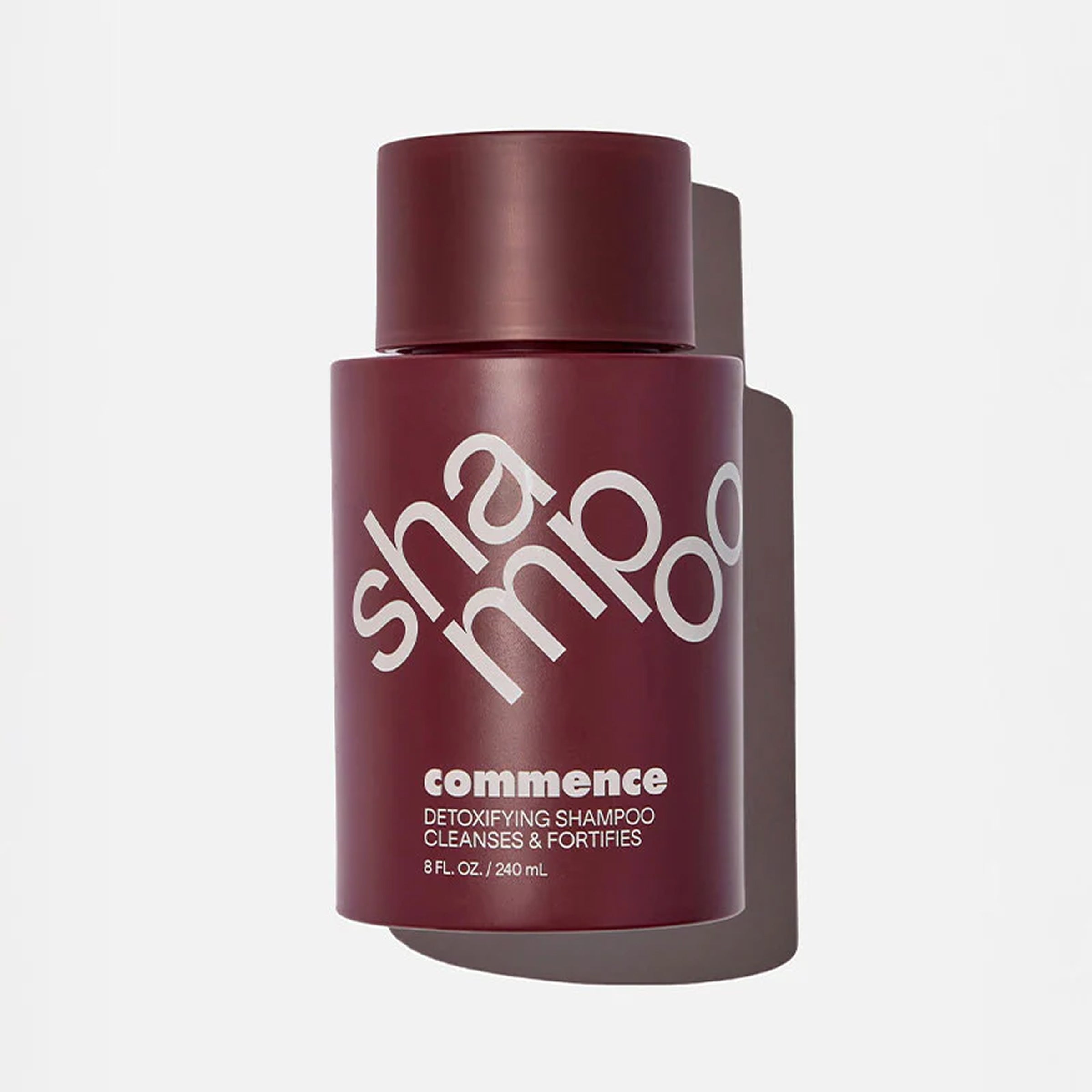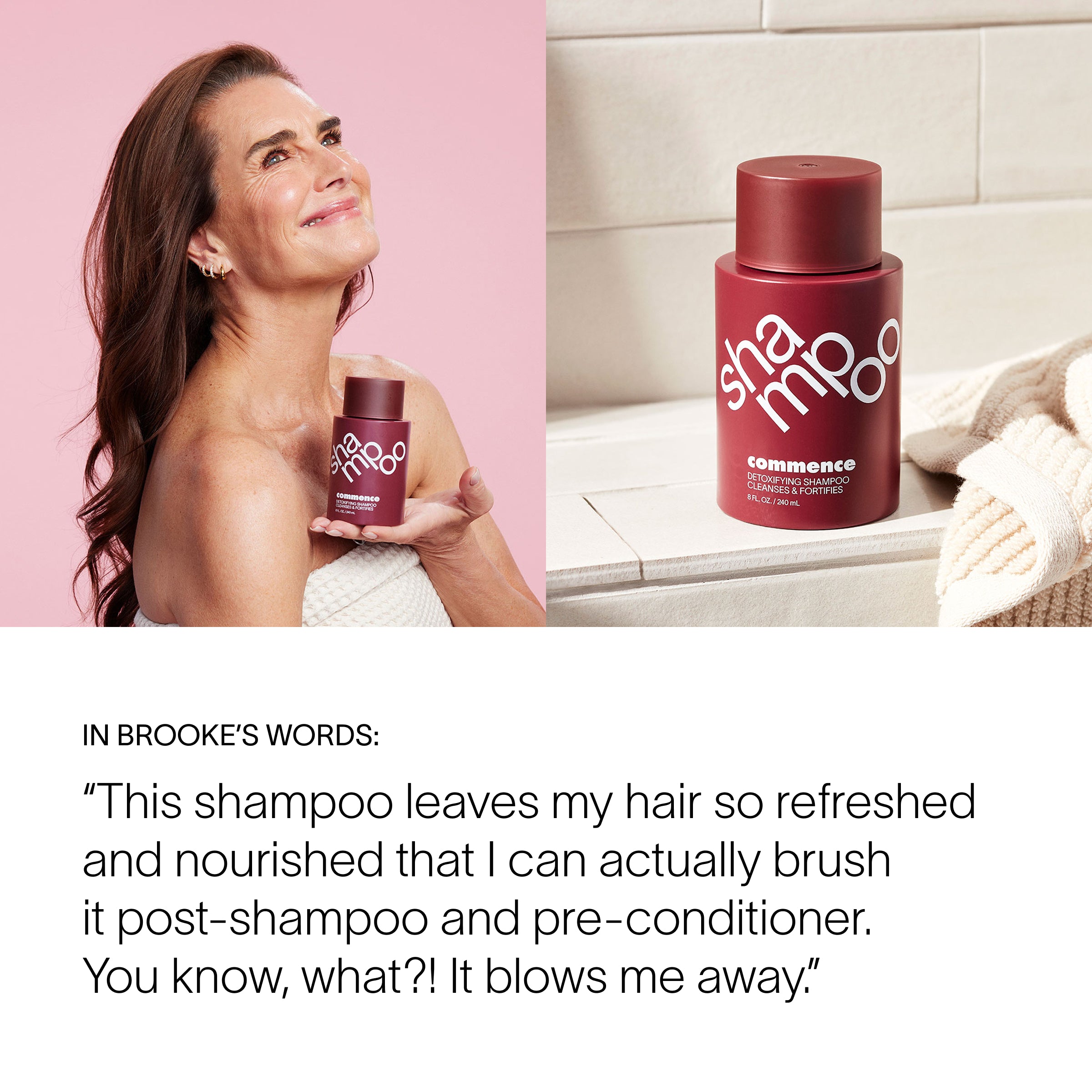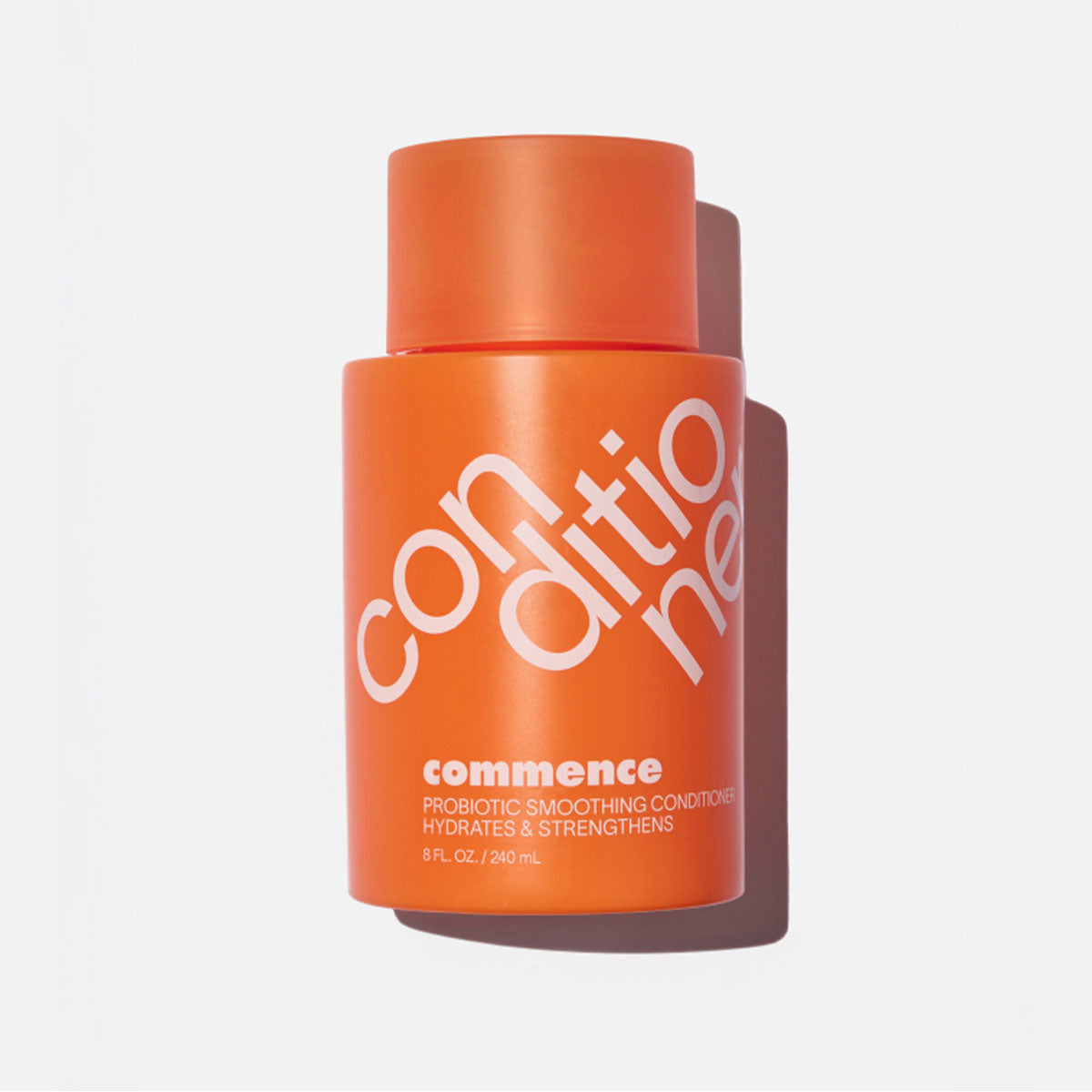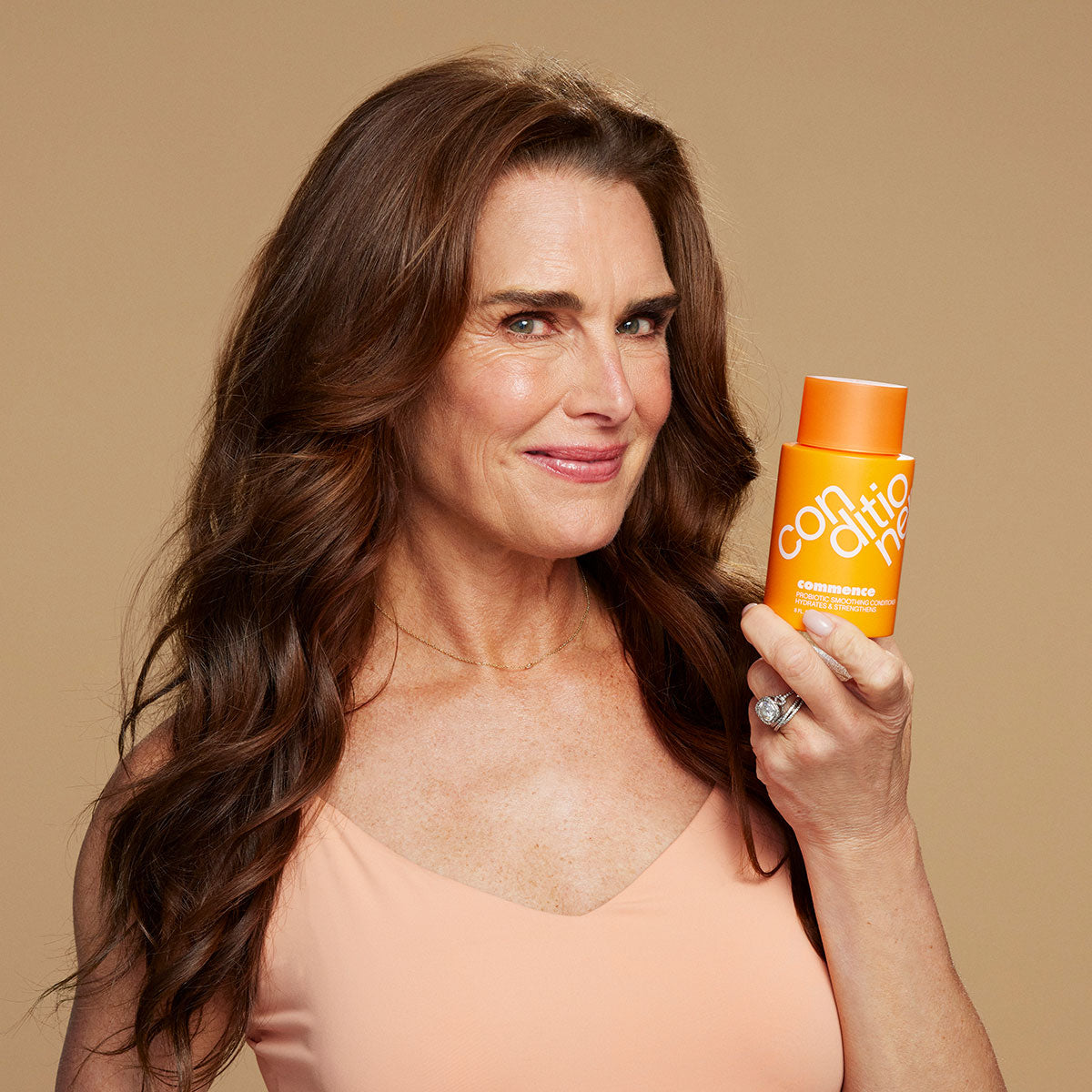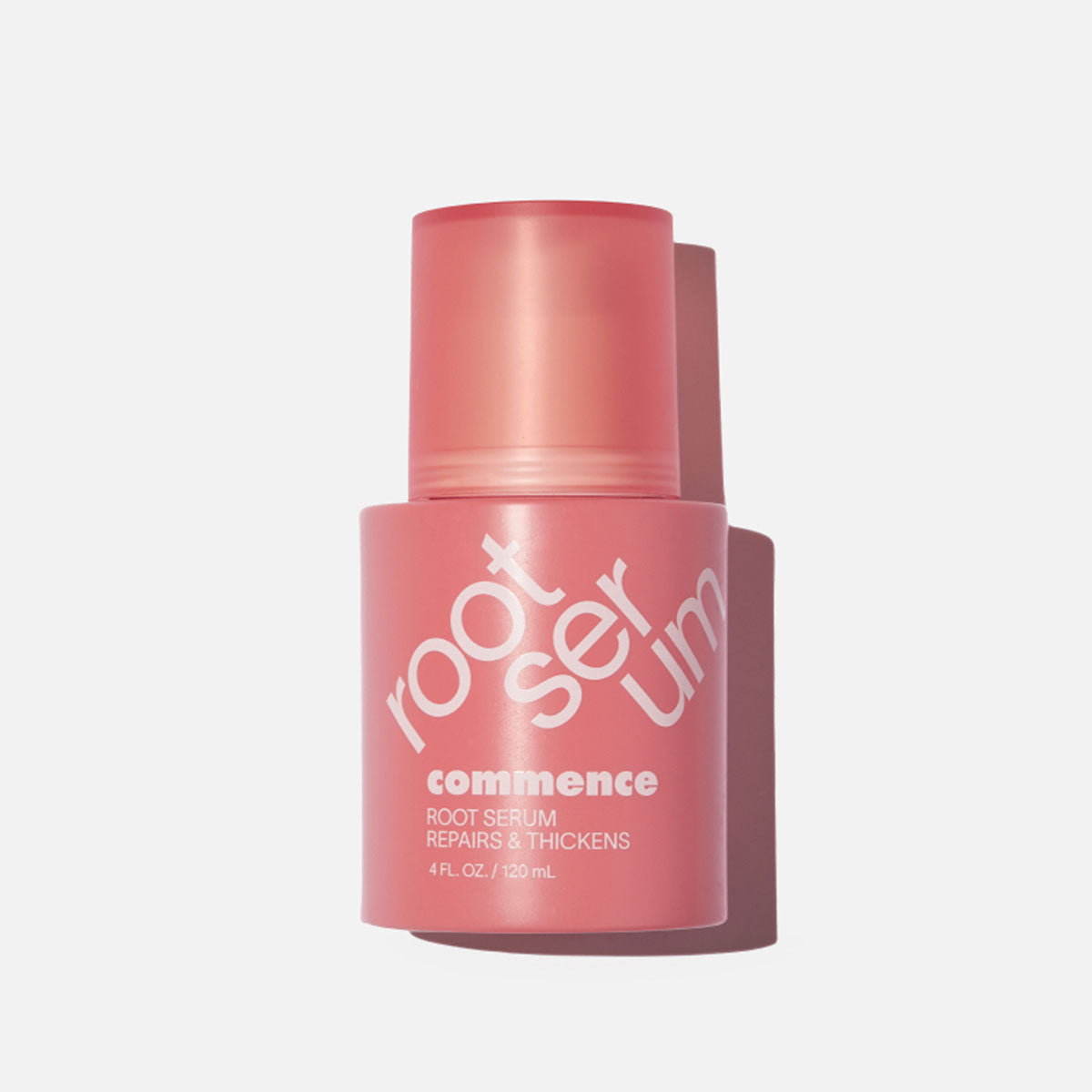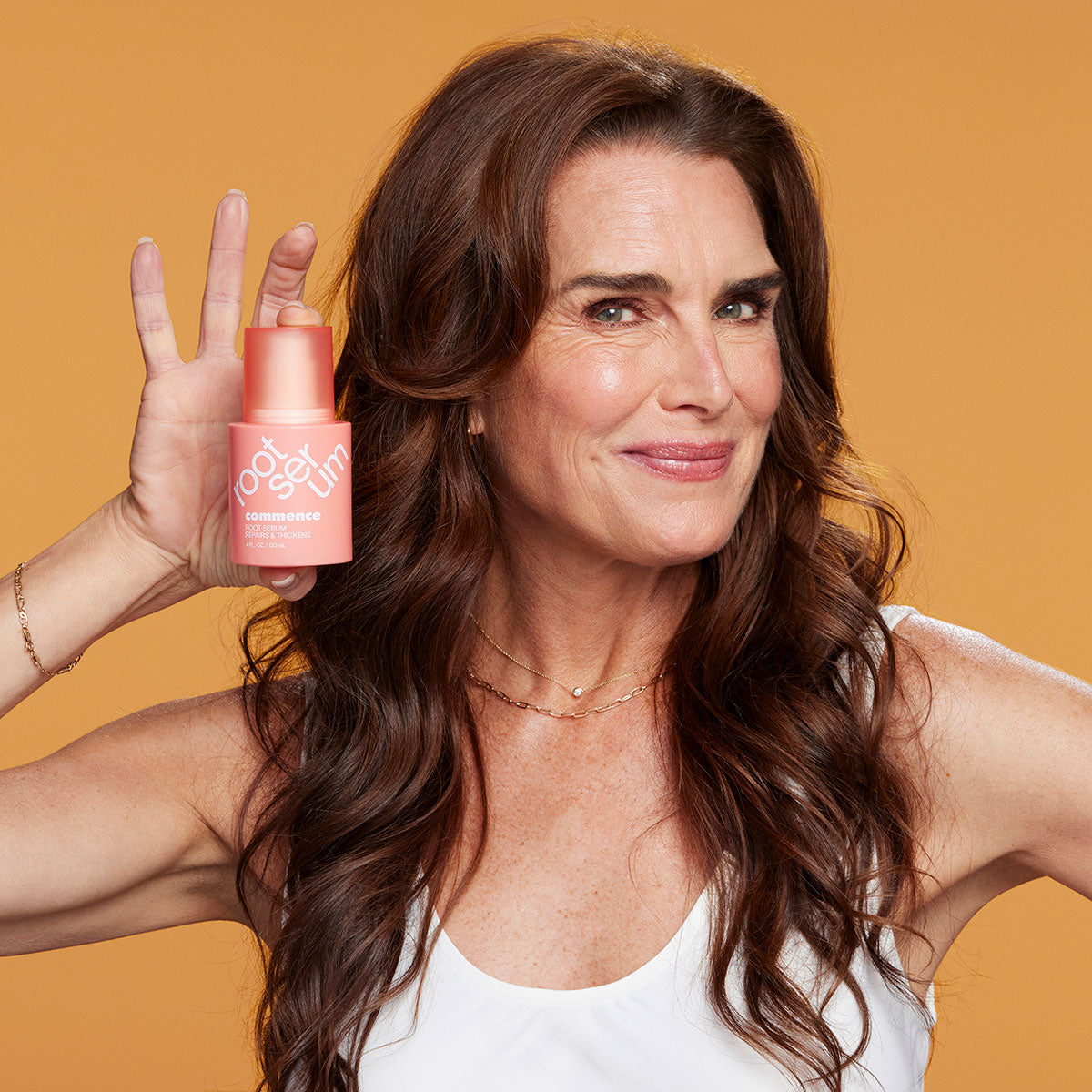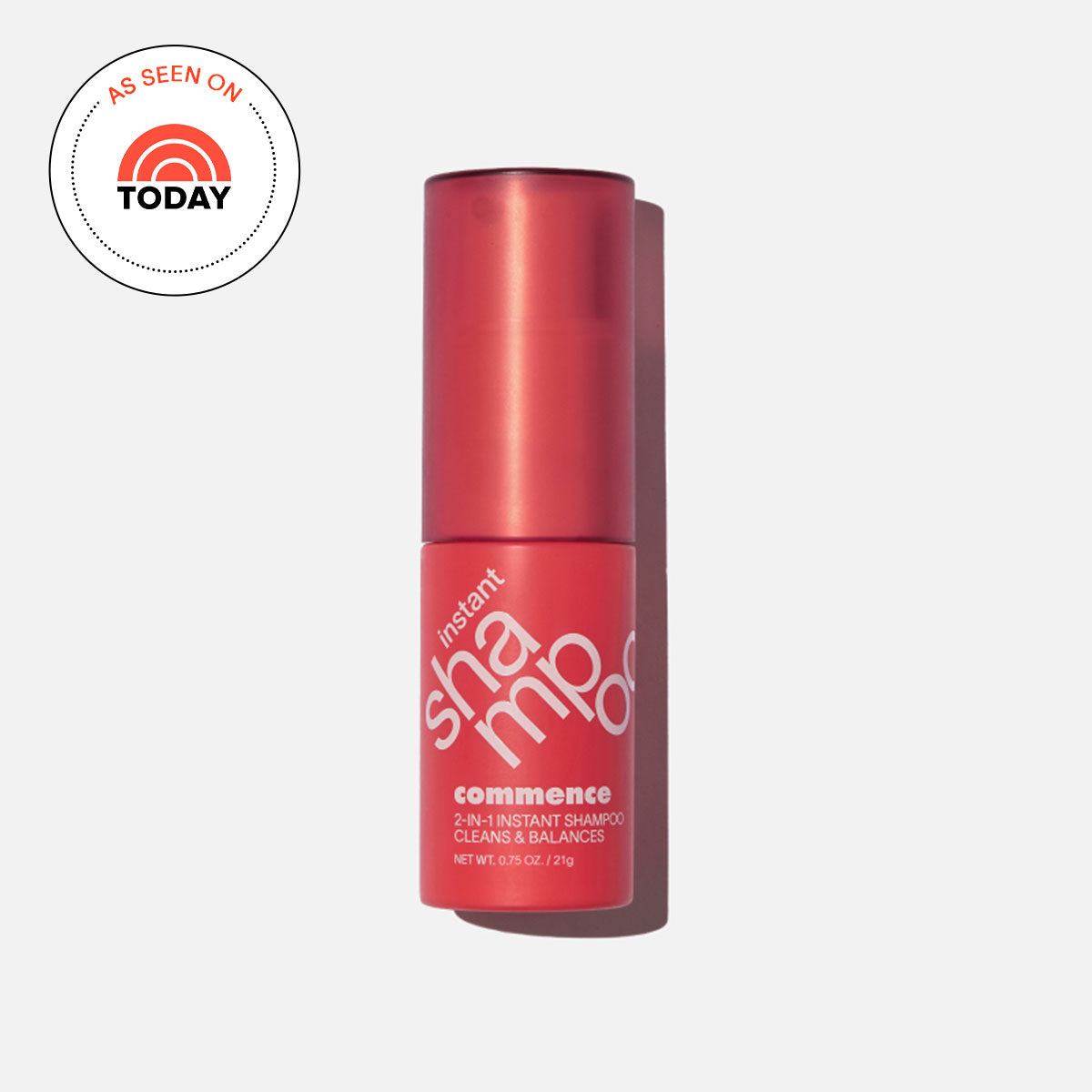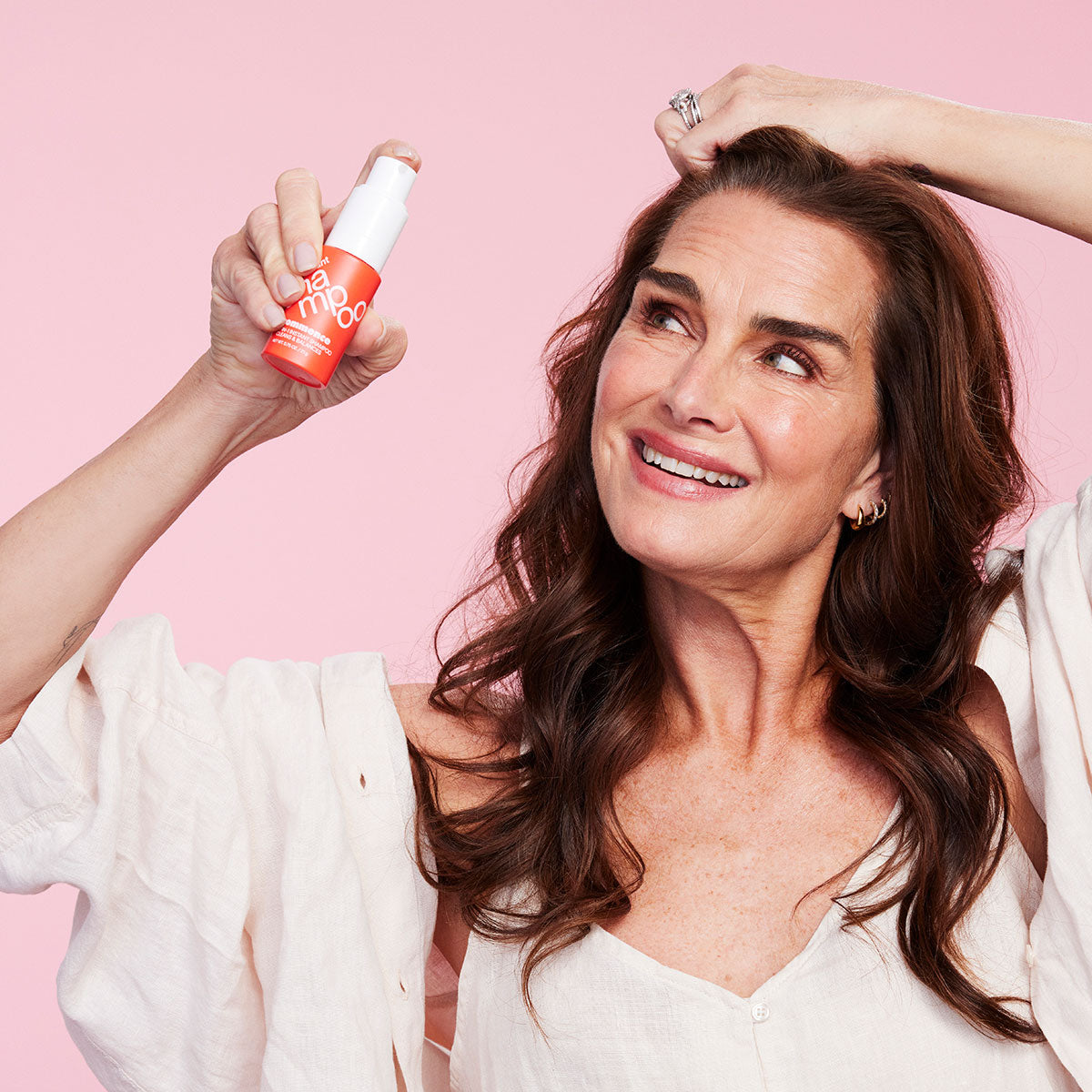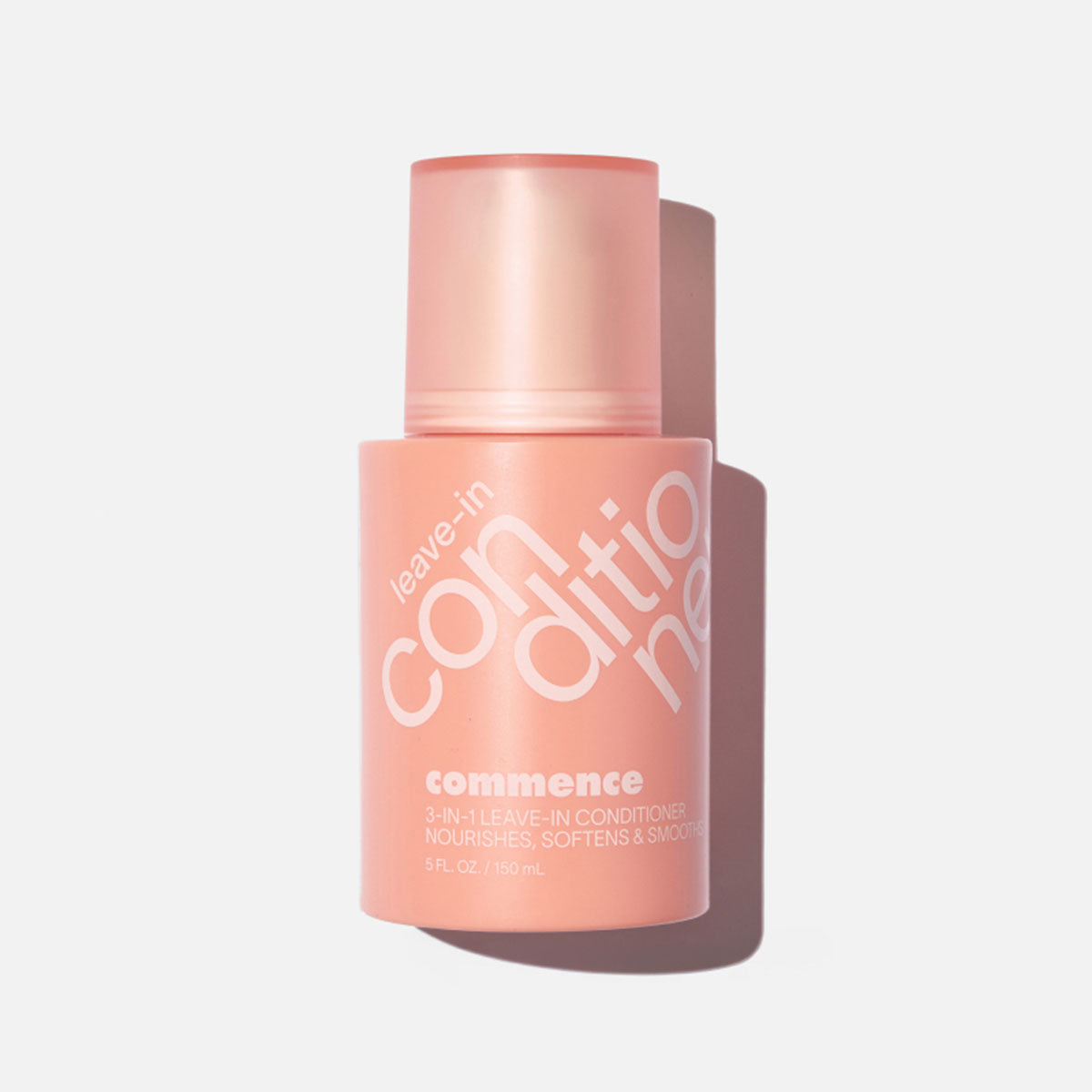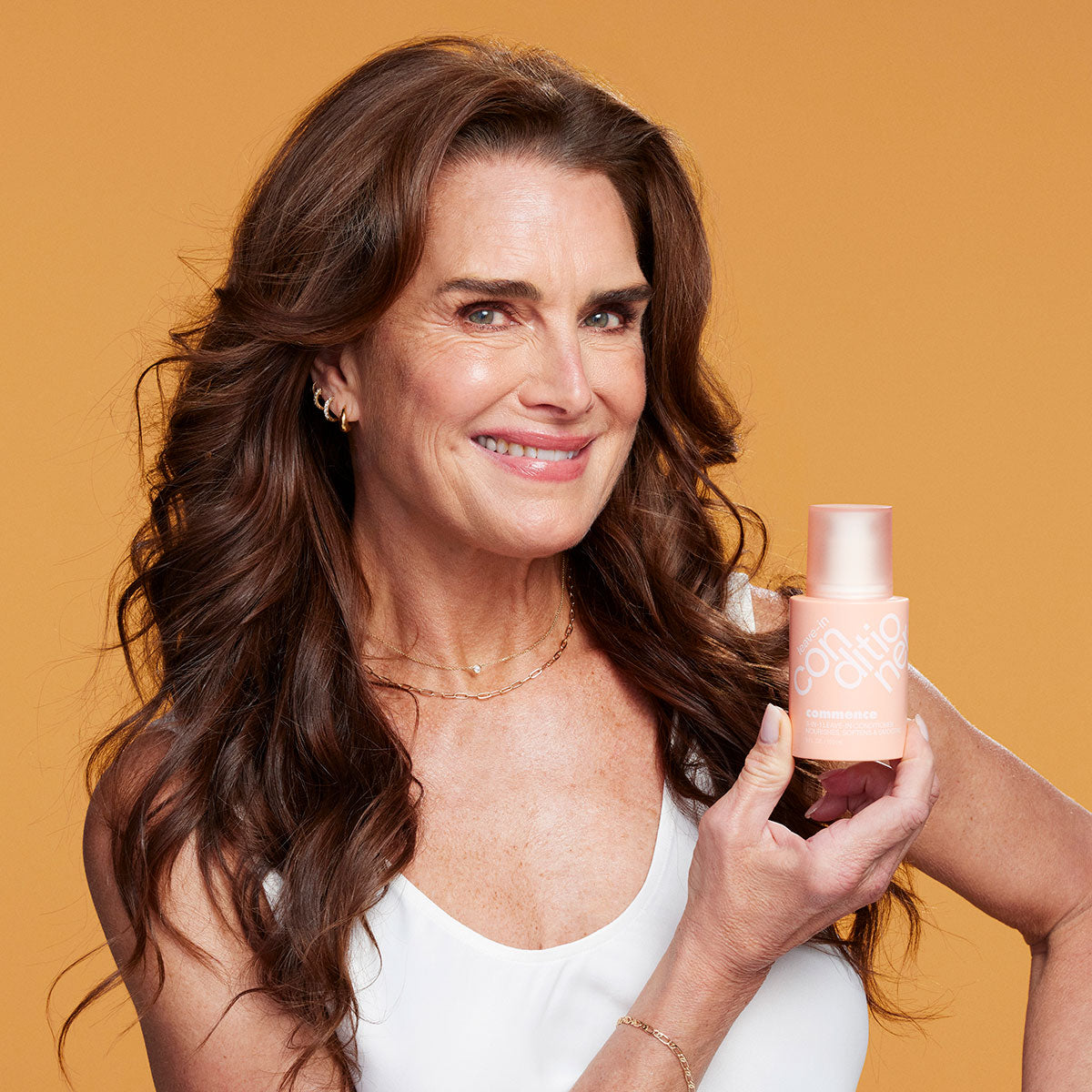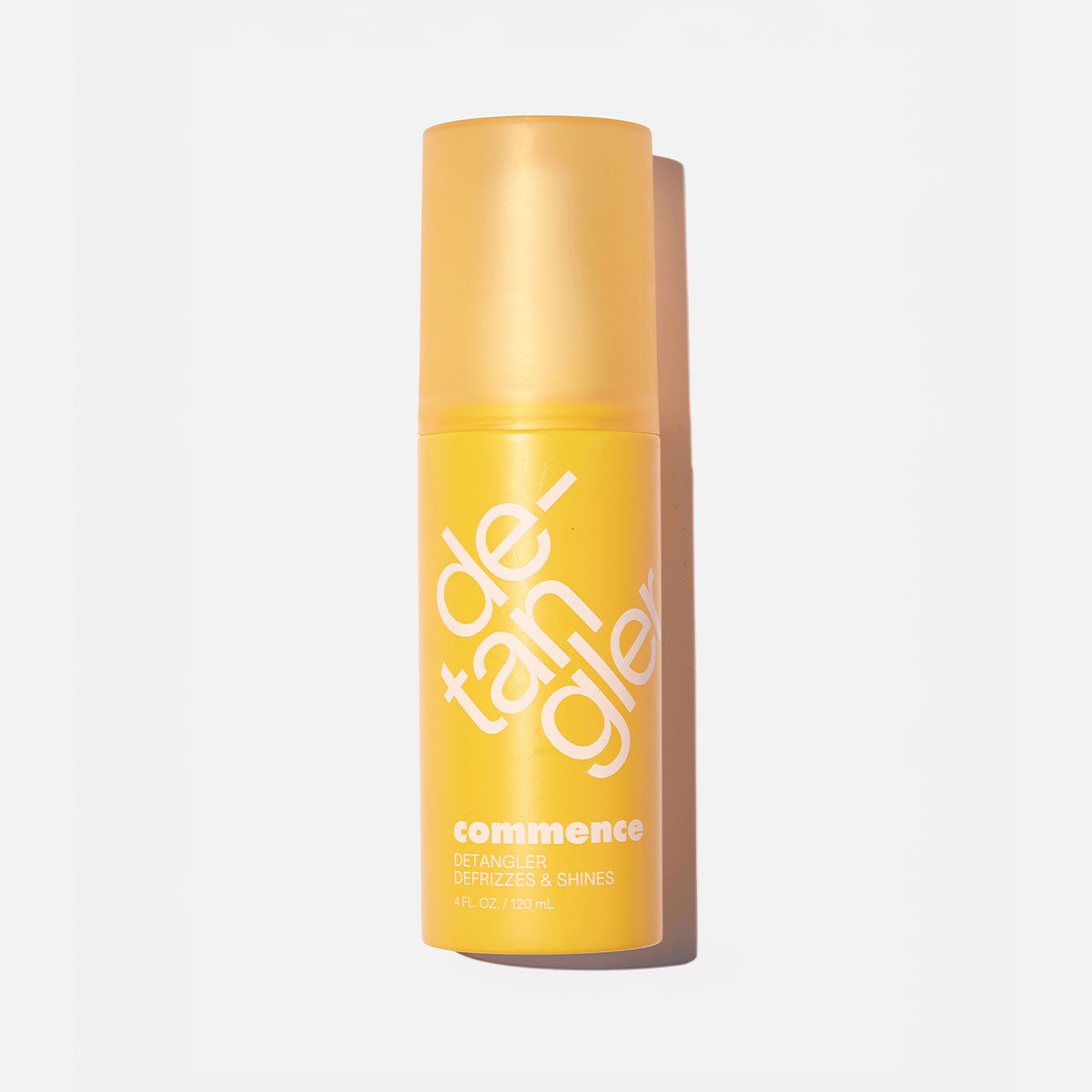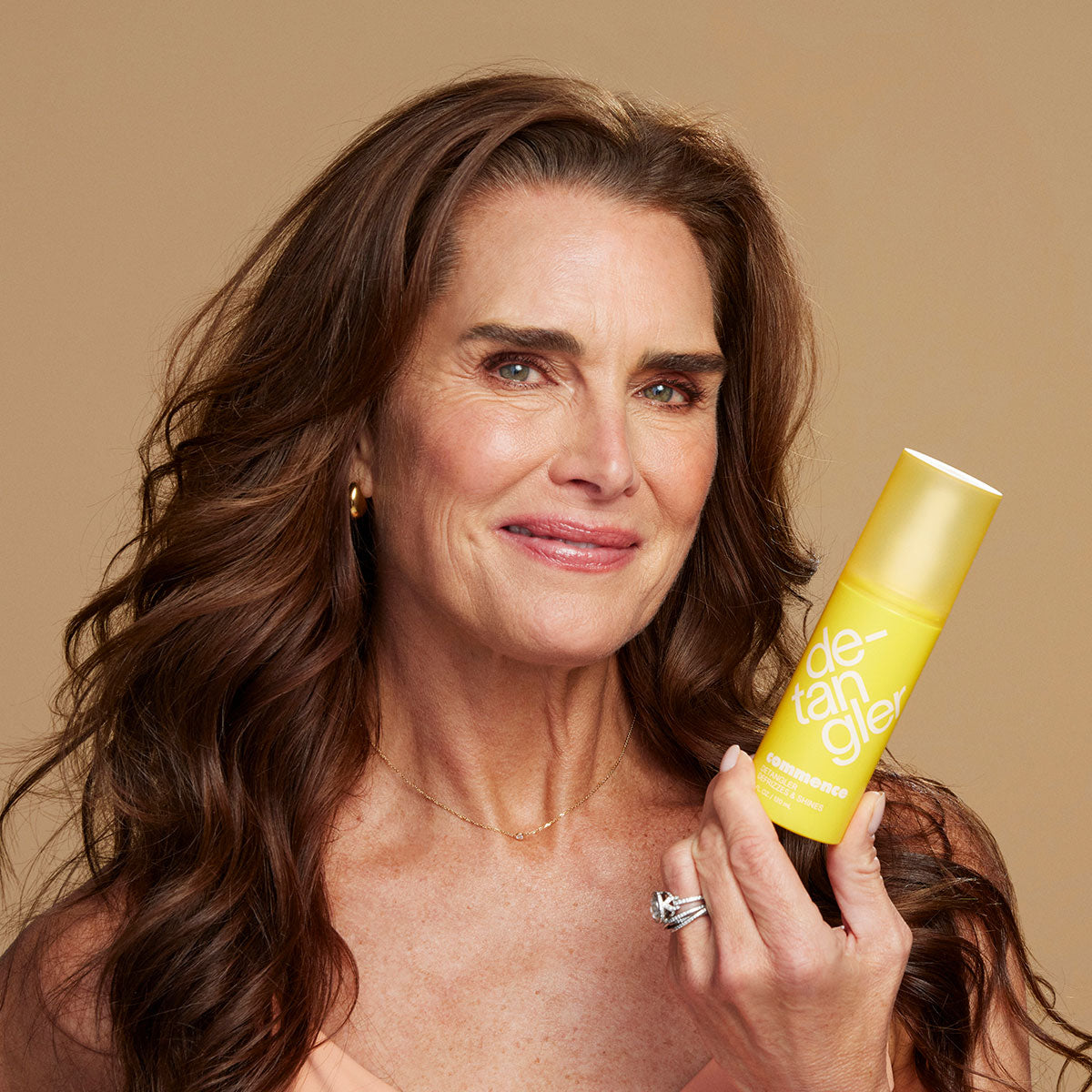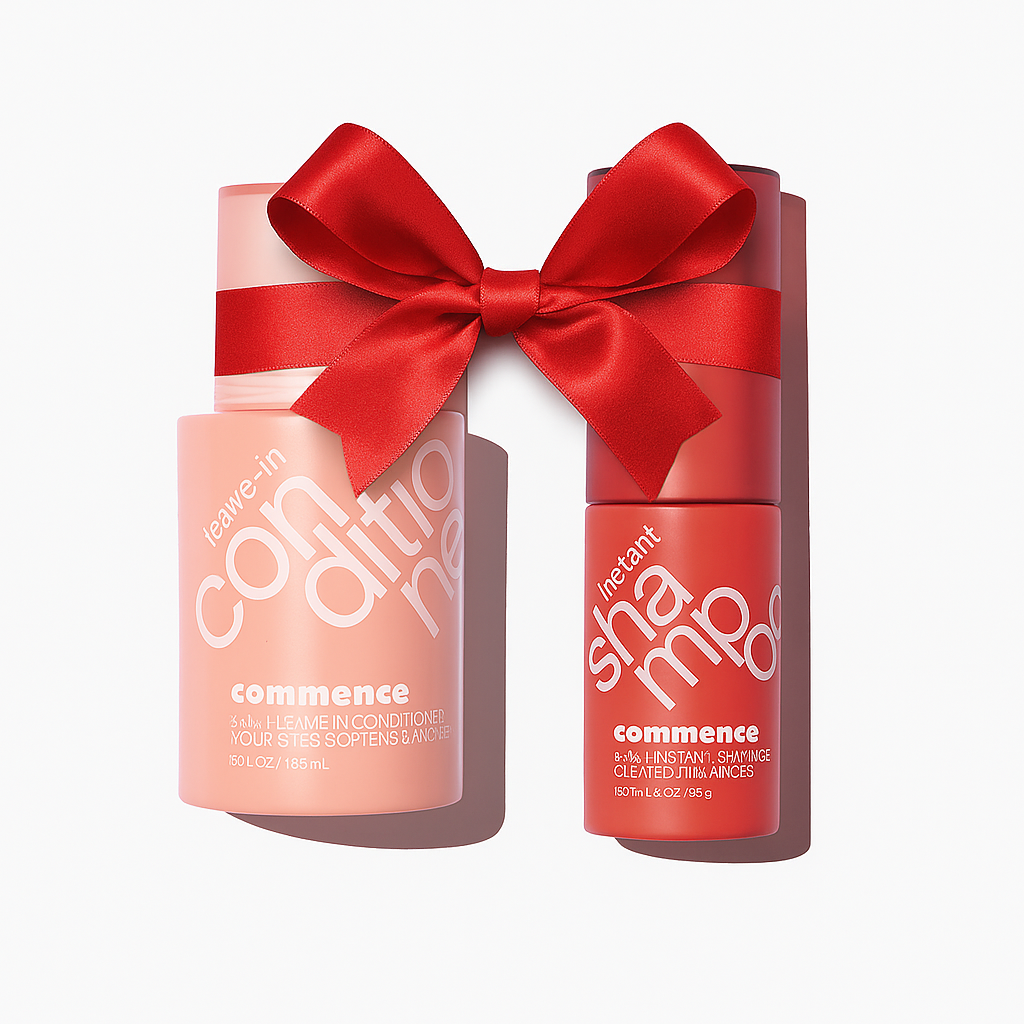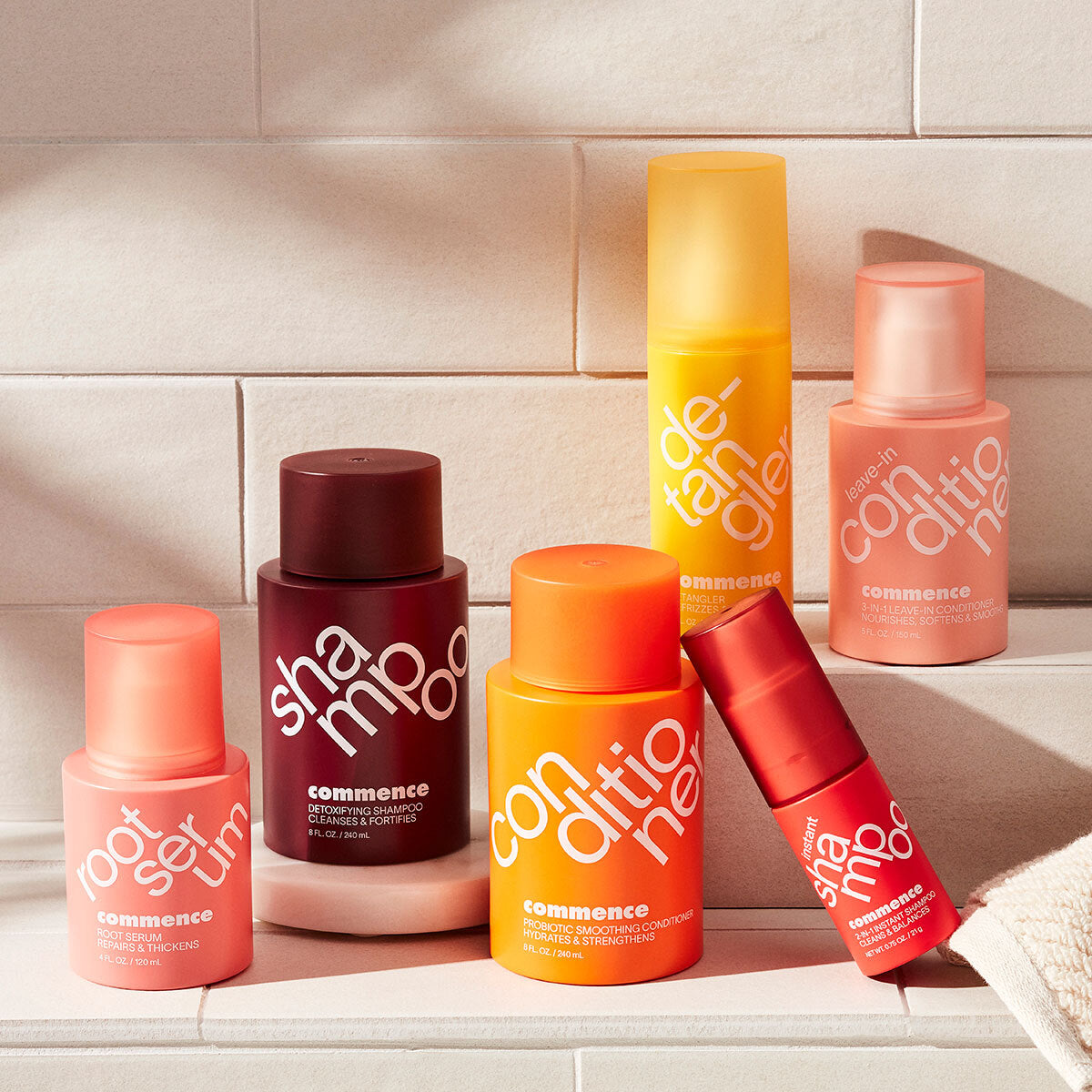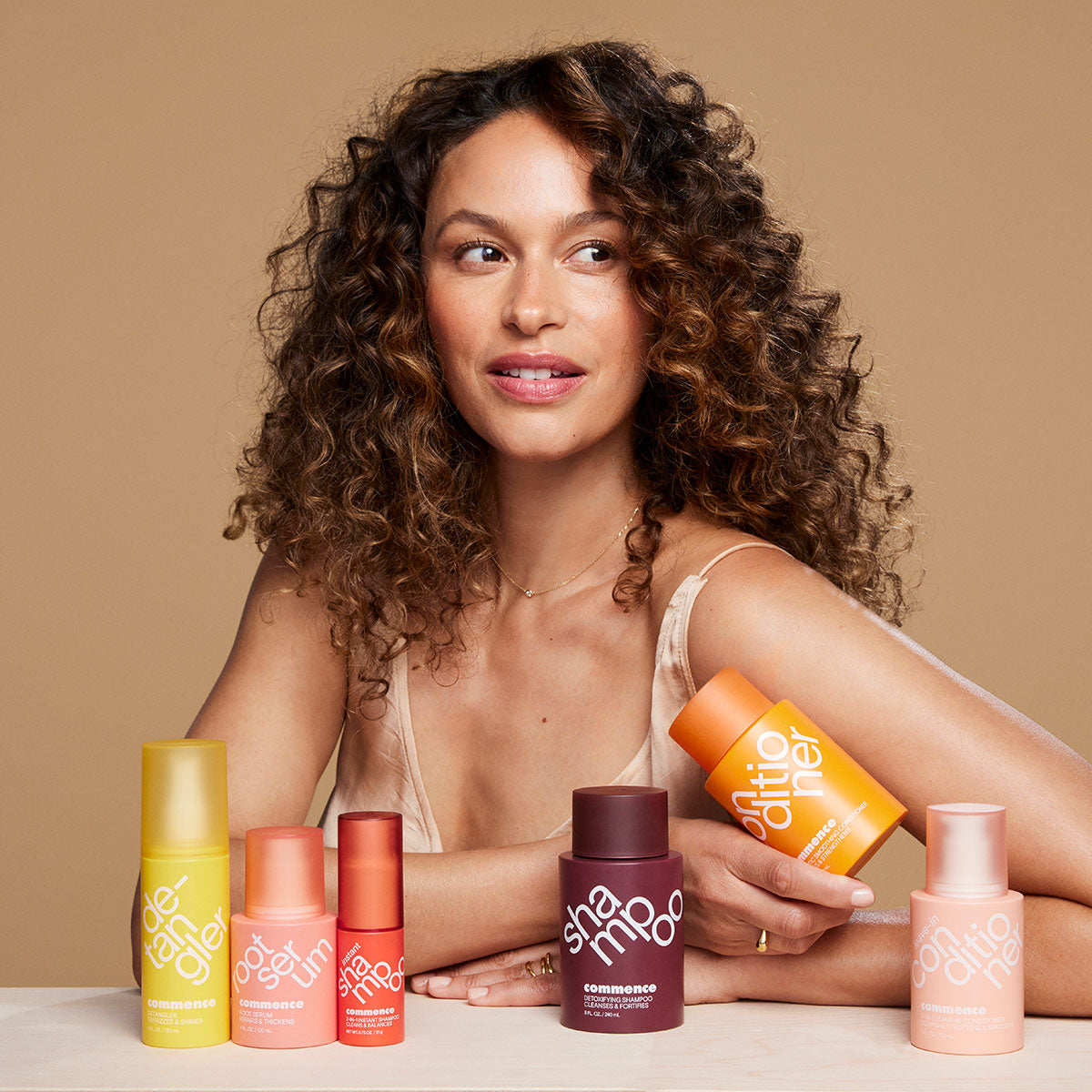Ask the Expert: Mark Knitowski, Commence Head of R&D
Our in-house expert answers all our questions on why hair changes as we age—and what we can do about it. Hint: it all starts with your scalp.
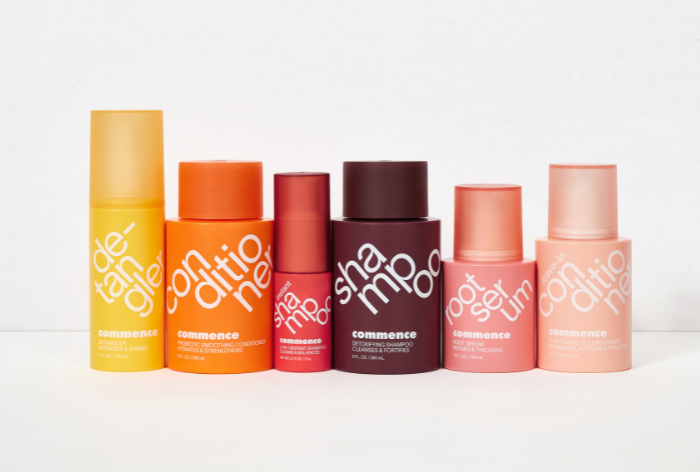
You know your hair. You know your good hair days, your bad hair days, your best cuts and your most questionable styles. (Hey, the perm had its time and place—we don’t judge.)
So we know you know the what—but what you might not know as well are the whys behind your ever-changing mane. We brought in the big guns—Mark Knitowski, Commence’s head of research and development and the man behind our game-changing formulas—to demystify a few things.
Why does my hair thin as I age?
Poor nutrition, stress, harsh hair care practices, heat styling, hormonal changes, estrogen levels, genetics…to name a few. The good news? Plenty of these factors are completely controllable. More on that in the next Qs. The bad news: some just…aren’t. But even if the root causes of your root woes can’t be helped, as Mark puts it, “The right products can really maximize what you’ve got.” (Ahem…that’s where Commence comes in.)
How can I prevent hair loss as I age?
Be gentle: avoid vigorous towel drying, brushing when wet, pulling hair back too tight, overusing chemical or heat treatments. Stay healthy: avoid smoking, keep hydrated, eat your veggies, get enough sleep. (Lack of sleep can disrupt hormone levels.) Consider scalp care part of your skin care–which means while your beloved hair stylist may have great advice for you, your dermatologist will, too. Remember: maintaining a healthy scalp and hair is a lot easier than trying to fix a problem once it’s set in. Take care.
Why does hair texture change with age?
The technical answer: “Changes in hair thickness and density can be attributed to hormonal changes; a decrease in estrogen production can make your follicles shrink,” says Mark. “And gray hair has a different texture—it can be wiry or coarse—due to reduction of natural oils and changes in your hair protein structure.” The good news: With the right ingredients and the right technology, you can create a healthier scalp—so that as new hair grows, it’s healthier and stronger.
What are the signs of an unhealthy scalp?
Flakiness, dandruff, dermatitis, itchiness, redness, irritation, eczema, excessive oiliness—all of these can indicate a problem. Any of this sound familiar? See your derm if you have concerns. “Treat your scalp as if it’s as important as your skin,” says Mark. Because it is!
Can diet affect hair and scalp health?
Yes. Yes. Yes. You already know this, but: “Stay away from excessive junk food and processed foods—they can lead to inflammation of the body, which can contribute to adverse scalp conditions. People don’t realize all the things that affect your scalp,” Mark says. Alcohol and caffeine can also dehydrate your body and scalp. Remember that hair is made of protein, so protein deficiency can lead to weak hair. Mark recommends nutrient-dense foods, healthy fats, and foods rich in vitamins and minerals, too. And don’t forget to stay hydrated!
How often should I wash my hair as I age?
Conventional wisdom says every 2-3 days—so if that’s what works for you, by all means. But according to Mark, it all depends on the individual, your hair texture, and your scalp health. “Understand your hair and your scalp,” he says. “It’s all about balance, balance, balance. Make your microbiome happy and your scalp happy.” His top tip: Use a mild shampoo, nothing too stripping. (Good news–ours is gentle and nourishing. Watch this space!)

